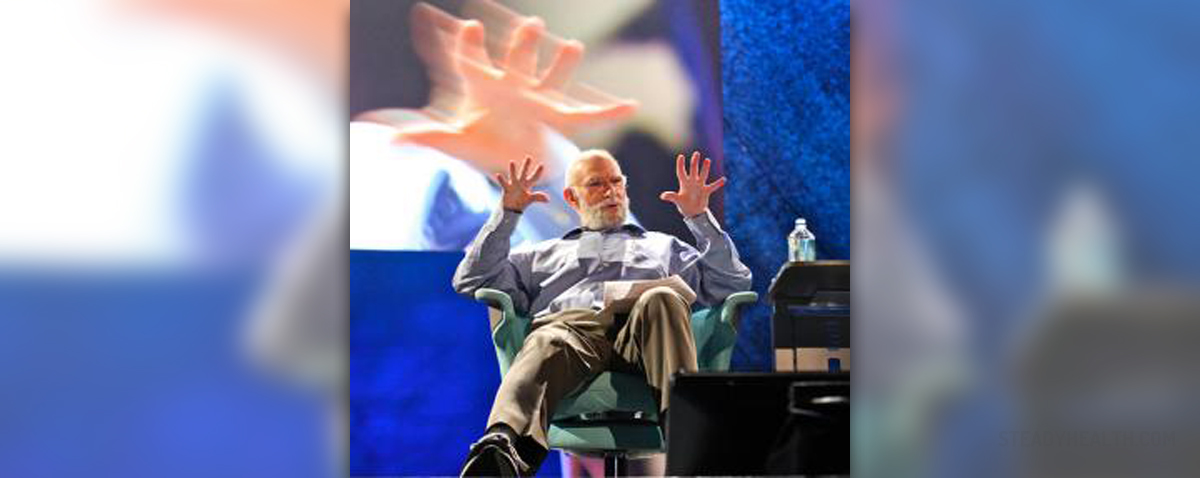
Hallucinations
Hallucinations are a common problem in elderly patients. They are alteration of patients’ sense of reality, which cause people to see, hear, smell, feel or taste something that doesn’t exist. Hallucination is real to the person experiencing it, even though there is no provoking stimulus.
Causes of Hallucinations in Elderly
When hallucinations appear in elderly they might be caused by both external and internal causes, and are not always connected with mental illnesses.
Drug abuse (including use of marijuana, cocaine, LSD), alcohol overuse and the drug withdrawal symptoms may be associated with hallucinations. Other possible causes might include: emotional and other stressful situations, tiredness, PTSD (post traumatic stress disorder), liver or kidney failure, depression, insomnia, fever, head injuries, and brain cancer.
Hallucinations might also appear before the migraine attack and some patients suffering from the loss of the vision could experience visual hallucinations (Charles Bonnet syndrome). There is also a sundowning syndrome, which causes hallucinations after the dark in dementia, Alzheimer’s and psychosis patients.
Types of Hallucinations
Visual hallucinations are the most common kind of hallucinations in elderly. They often see things that don’t exist. A scene or a thing they see lasts for a second or two, but the persistence of the scenes might really upset them. Dementia (especially Lewy body dementia) is often associated with visual hallucinations.
Olfactory hallucinations (phantosmia) make people experience the non-existing and usually foul smells. These hallucinations might be a symptom of another medical condition, such as migraine, epilepsy, temporal seizures or other psychotic problems.
Auditory hallucinations (or paracusis) – elderly patients can hear the sounds even though there is no one and nothing to cause them. These might be beeps, screams, music or the speech, and people often “hear” someone who passed away. Schizophrenia and other psychotic conditions could also set off these hearing hallucinations.
Hypnagogic hallucinations are hallucinations in the sleep, or just before sleeping. They might include all kinds of hearing, smelling, or sensory hallucinations and are usually connected to narcolepsy or catalepsy.
Treatment of the Hallucinations in Elderly
Hallucinations might cause elderly to get irritated, afraid and even paranoid and these people should not be left alone as long as the hallucinations last. All types of hallucinations in elderly patients should be taken care of, except the hypnagogic hallucinations. After a diagnostic consultation, psychiatrist or the psychologist will recommend the appropriate treatment for the patient.
Chronic schizophrenia hallucinations are usually treated with medications and therapy. Tiredness and insomnia-related hallucinations stop once the cause get removed, and the visual hallucinations of the deceased should be accepted as a part of grieving process.






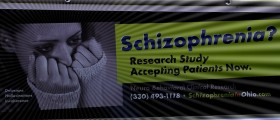
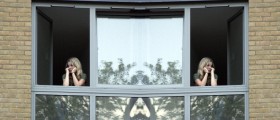




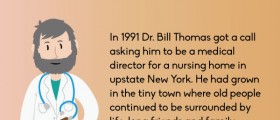

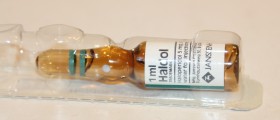
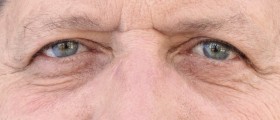

Your thoughts on this
Loading...